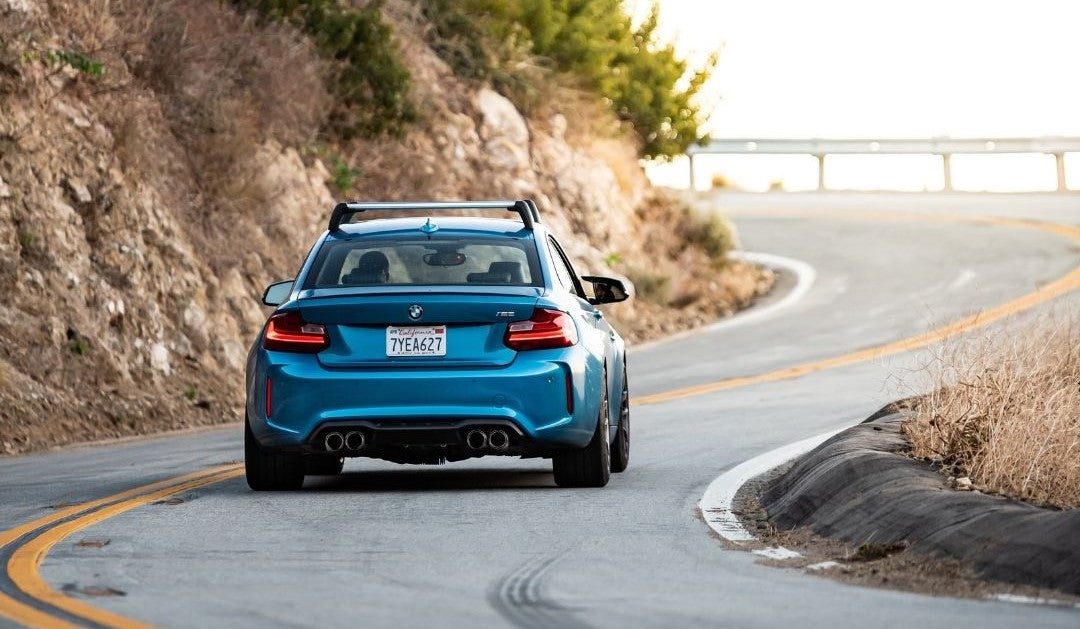Lao Wang bought a cleaning service shop a year ago to provide cleaning services. At that time, we bought assets. The assets were divided into several parts. Tools accounted for 100,000 yuan. A construction truck was specially used to load washing utensils and transport, which cost about 40,000 to 50,000 yuan. We also bought goodwill, which cost about 100,000 yuan. , a total cost of nearly 300,000.
After Lao Wang got the construction vehicle, he went to the Ministry of Transportation to apply for a license plate. During the process of applying for the license plate, the staff charged him an additional 13% tax based on the number of kilometers. Lao Wang naturally believes that this 13% is the usual HST, which should be filled in the tax form and can be deducted as input tax credits (ITCs) as HST. Unexpectedly, such a normal action would attract the tax bureau. What's going on? It turns out that this part cannot be deducted as HST, and the tax bureau firmly does not allow Mr. Wang to do this. But why not? To be precise, since Ontario’s sales tax merged the federal part and the Ontario part into a unified business tax, the 13% tax includes Ontario tax and federal tax, but in fact, the car Lao Wang bought The tax paid on the license plate of the construction vehicle belongs to PST, which is the retail tax. It cannot be simply and roughly equivalent to the HST under normal circumstances. So how can we avoid paying this retail tax in vain or get it refunded? When businesses sell used cars to each other, the following three situations can help you exempt or refund this part of the retail tax.
First, if both the buyer and the seller have HST tax numbers, then the two parties reach a purchase and sale price based on the market price, and the seller collects HST from the buyer. Then the buyer takes the car purchase invoice to the Ministry of Transportation to go through the transfer procedures. No need to submit PST anymore.
The second option is that both the buyer and the seller have HST. The buyer buys all the assets. Since it is an overall asset transfer, the value is too large. Therefore, if both the buyer and seller fill out a form called GST44 at the same time, then the entire transaction can be exempted from GST. Yes, that means you don’t have to pay HST. Later, when you go to the Ministry of Transportation to apply for a license plate with the contract between the buyer and the seller, the Ministry of Transportation will no longer charge the 13% PST.
The third situation is like Lao Wang’s situation. He didn’t understand at first that if he followed the second scenario, he wouldn’t have to pay PST to apply for the license plate. When he applied for the license plate, he paid 13% PST to the Ontario Ministry of Transportation, but this cannot be used. To deduct HST ITCs, it is PST. So after the payment is completed, he can go to the Provincial Taxation Bureau to fill out a PST REFUND form called 1181E with valid documents and the sales contract for the entire set of assets at that time, and then he can return the PST he paid. So Lao Wang just fits the third situation. In fact, since the unified business tax in Ontario, GST and HST have been merged in most cases, and most of the time, GST can be refunded in ITCs. However, some projects only have PST and no HST. Among them, insurance is one. Any kind of insurance is in Ontario. The province only has PST, which is 8%, so there are no ITCs that can be deducted from insurance. If you find that your car insurance, house insurance, and personal insurance all charge 8%, it means that it can only be used as an expense. Companies often buy second-hand cars because they want to save money, but if the operation is not good, it will waste tax and ultimately waste money.





